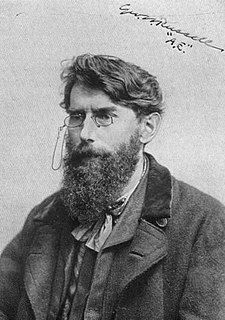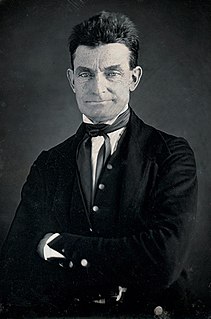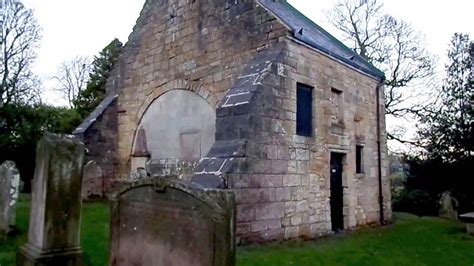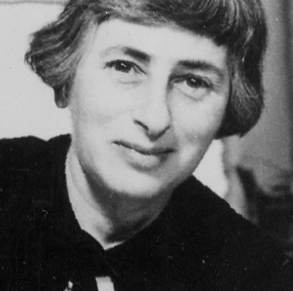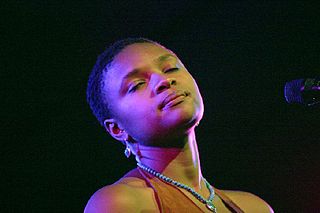A Quote by Harriet Beecher Stowe
Midnight,--strange mystic hour,--when the veil between the frail present and the eternal future grows thin.
Related Quotes
The difference between Pound and Whitman is not between the democrat who in deep distress could look hopefully toward the future and the fascist madly in love with the past. It is that between the woodsman and the woodcarver. It is that between the mystic harking back to his vision and the artist whose first allegiance is to his craft, and so to the reality it presents.



